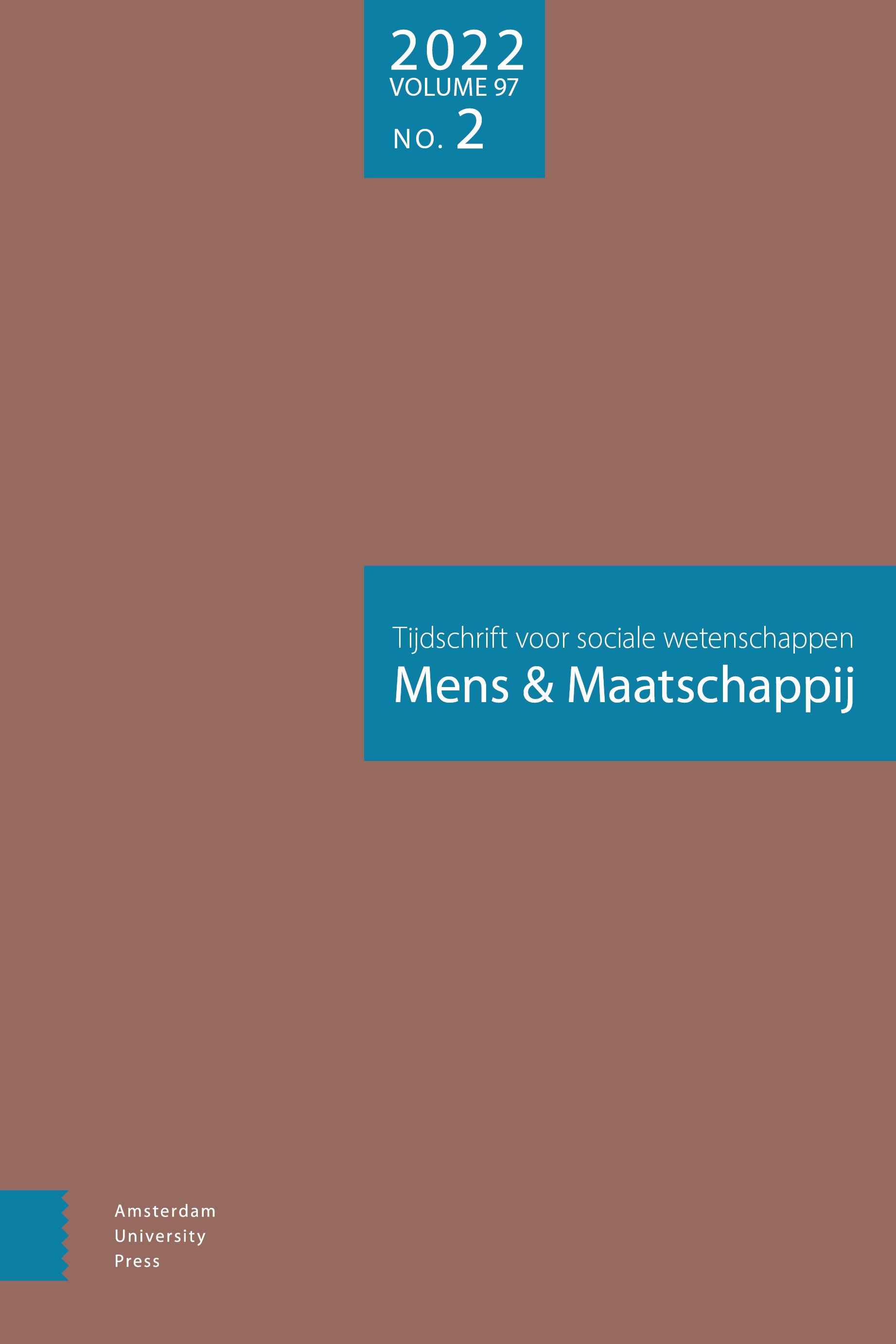-
oa De werk-privé balans van gescheiden ouders
De rol van werkeisen, privé-eisen en hun combinatie
- Amsterdam University Press
- Source: Mens & Maatschappij, Volume 96, Issue 1, Mar 2021, p. 67 - 90
-
- 01 Mar 2021
Abstract
The work-family balance of divorced parents: The role of work demands, family demands and their interplay
After a divorce, parents may face difficulties in combining work with the care for children. Few studies have examined the work-life balance of this particular group. Using data from 1.577 employed divorced fathers and 2.059 employed divorced mothers, we examined how work demands (long work hours, commuting times) and family demands (number and age of children, postdivorce residence arrangements) affected the work-family balance of divorced parents. High work demands lowered the work-life balance among both fathers and mothers. Greater family demands had a smaller impact than work demands and led to a worse work-life balance only for mothers. Family demands, however, became more important for fathers’ work-family balance when combined with high work demands. Such an interplay of work and family demands was also found for mothers: work demands had stronger effects in case of high family demands and vice versa.


